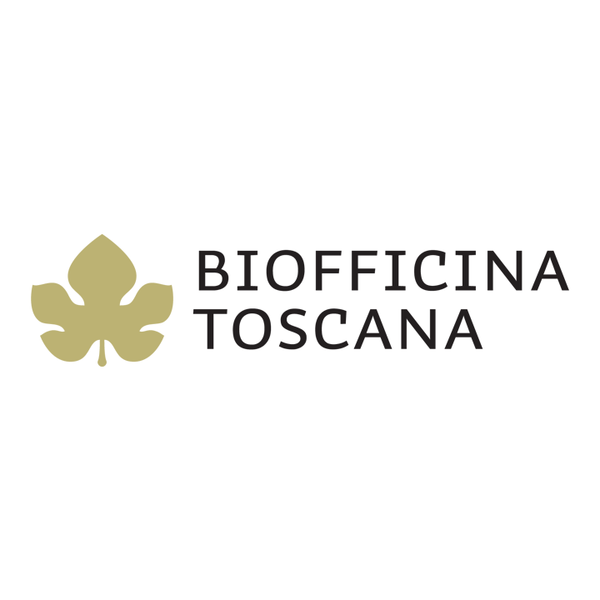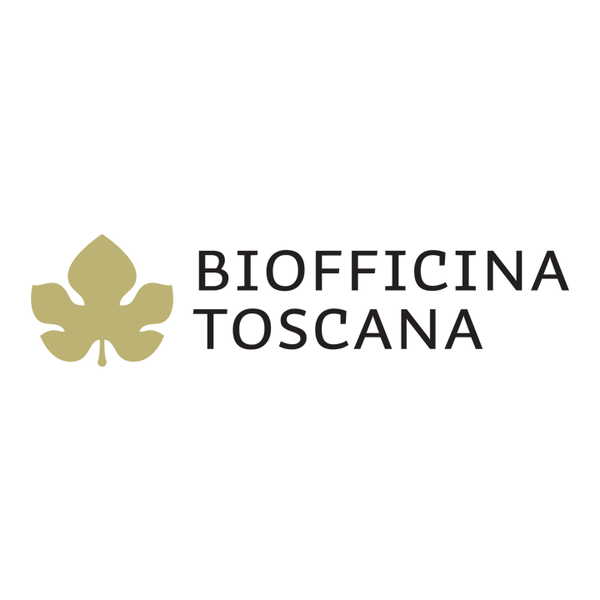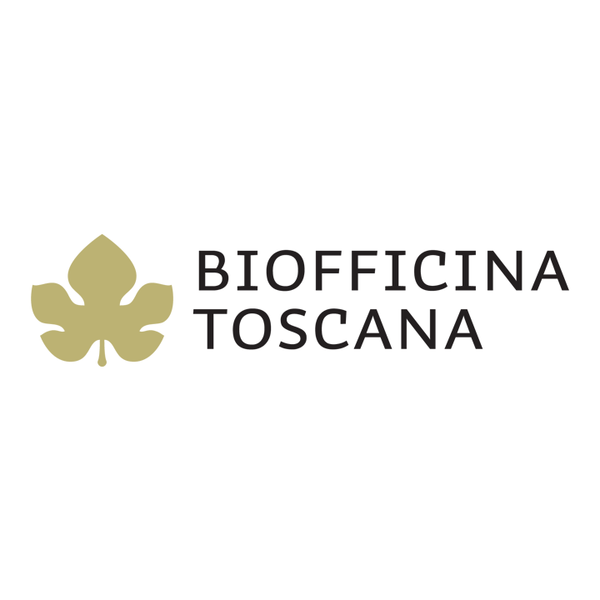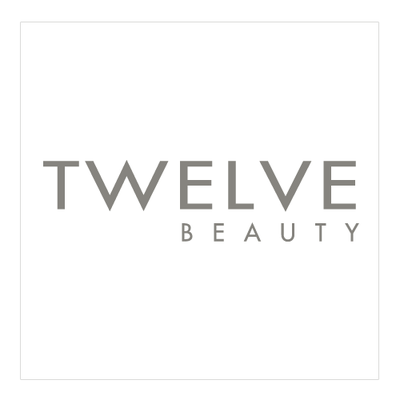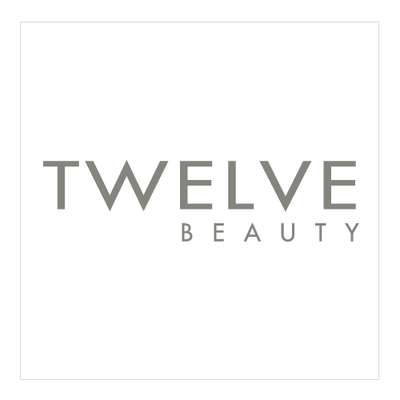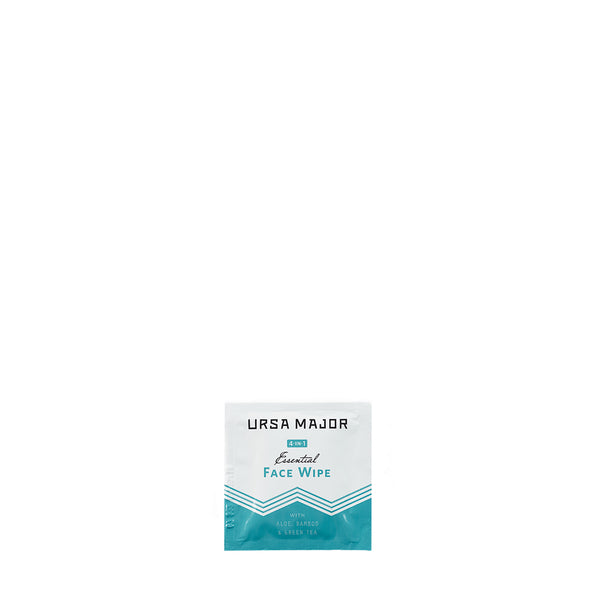Recent Articles

We love many things about TWELVE Beauty creator Dr. Pedro Catalá, especially his deep training: he has a degree in Pharmacy, a Master’s degree in Botany, and a PhD in Natural Product Formulation. Much to our delight, he visits us from Spain from time to time, so we get to pepper him with all of our skincare and formulation questions.
If memory serves, each one of his visits has included a lecture about the dangers of overexoliation – and of exfoliation in general. We thought it was about time we dug into this. If you suffer from perioral or periorbital dermatitis, or simply have sensitive skin, you’ll want to read on. Pedro breaks down the importance of a key protein called filaggrin, found in mature skin cells (the ones that we are frequently told to exfoliate away).
The bottom line: filaggrin is your friend. Keep those mature skin cells around!
***
Ayla: What happens to your skin when you exfoliate vs. when you don’t?
PEDRO: The skin exfoliates naturally every 28 days, when the most mature cells become detached. It is not necessary, in most cases, to accelerate this process. Clean, hydrated, elastic skin with a healthy pH shows the same appearance and naturally carries out the process of cell turnover without the need of exfoliation.
When you do exfoliate, there is a burning sensation along with redness and irritation that tend to disappear easily, but it cannot be denied that the most aggressive peels are uncomfortable for the skin.
Ayla: So, in general, you don’t think we need to exfoliate our skin.
PEDRO: I understand the appeal of exfoliating, as the skin appears brighter and smoother afterwards, but I do not think we actually need to make it an essential step in our skincare routine. I find it way too harsh, and the negative impact on the skin’s health outweighs the benefits you might get by exfoliating your skin.
The dead cells (called corneocytes) that accumulate on the surface of the skin act as a barrier and offer protection. By exfoliating the skin, this barrier is unprotected and is more vulnerable to external factors such as weather — or even possible infections.
What I think many people do not realize is that these mature cells are packed with an essential protein called “filaggrin”. This protein is so important because, once it finishes its life cycle, it releases amino acids and sugars that are essential components of the skin’s NMF (Natural Moisturizing Factor). I am not the only one thinking this; new data has revealed that some cases of dermatitis are linked to low levels of filaggrin in the skin.
Ayla: That is so interesting! And it brings up another question. Many dermatologists we work with have told us that, typically, oils can exacerbate perioral and periorbital dermatitis. Given the mechanism you describe here with filaggrin, can you explain why this happens?
PEDRO: In my opinion, perioral and periorbital dermatitis come mainly from hormonal changes leading to an excessive production of sebum. If you keep adding random oils to the skin, you might exacerbate the condition by providing it with too much extra sebum.
What is certain is the fact that unsaponifiable pools in the skin increase the activity of a group of enzymes called ATPase (Adenosine TriPhosphatase), which are involved in the maturation of profilaggrin into filaggrin. Filaggrin provides a strong, healthy barrier that is more balanced, way less stressed, capable of retaining more water, and works perfectly. The stronger the barrier, the less vulnerable skin becomes to external and internal factors.
AYLA: What products, applied topically, can fill in where filaggrin is depleted?
PEDRO: The only study I have seen to be conclusive examines the success of unsaponifiables — these help modulate filaggrin production in carrying out a specific epidermal moisturizing action.
Note from Ayla: For more on unsaponifiables, check out the description of Pedro’s Intelligent Frontier Facial Oil. The right oils make a big difference between nourishing and overwhelming the skin.
Ayla: Is there a specific time of year when it is particularly important to keep skin’s barrier undisturbed?
PEDRO: During the cold season, sensitivity rockets, the skin appears more vulnerable, and the changes in temperature along with chilling winds do not help. A stronger barrier means our skin is more protected.
Ayla: Are there any situations where you feel exfoliation can or should be included in a routine?
PEDRO: For those who live in cities with higher levels of pollution than what is desirable, or for those who want a deeper clean, a clay mask with purifying and slightly exfoliating action one or two times a week should work well. Clays work as a super gentle physical exfoliant while absorbing dry-oxidized sebum, too.
If you are thinking you can get away with just physical exfoliation — with traditional scrubs, for example — I advise against them even more than a peel: in addition to the irritation that they can cause, those microparticles (even those that are of natural origin) can create microscopic cuts on the outer layers of the epidermis, leaving it more vulnerable.
And, lastly, enzymatic peelings might be the worst of all types of exfoliants. First, the product is very unstable: small changes in humidity, temperature, and direct light can degrade the product very easily. When these products experience degradation, a few things can happen. At best, they will simply become less effective. But some, such as papain, can trigger allergic reactions once they begin to degrade.
Also, these enzymes are classified as proteases, which means that they eat proteins. I have found studies to be inconclusive in demonstrating how much they penetrate the skin or at what point the enzymes feel “full.”
Ready to Marie Kondo all those peels your skincare cabinet now? TWELVE's edited lineup will keep all of your skin cells – including the older ones — happy and healthy, and his London Mask will safely give you the deep clean you crave.







